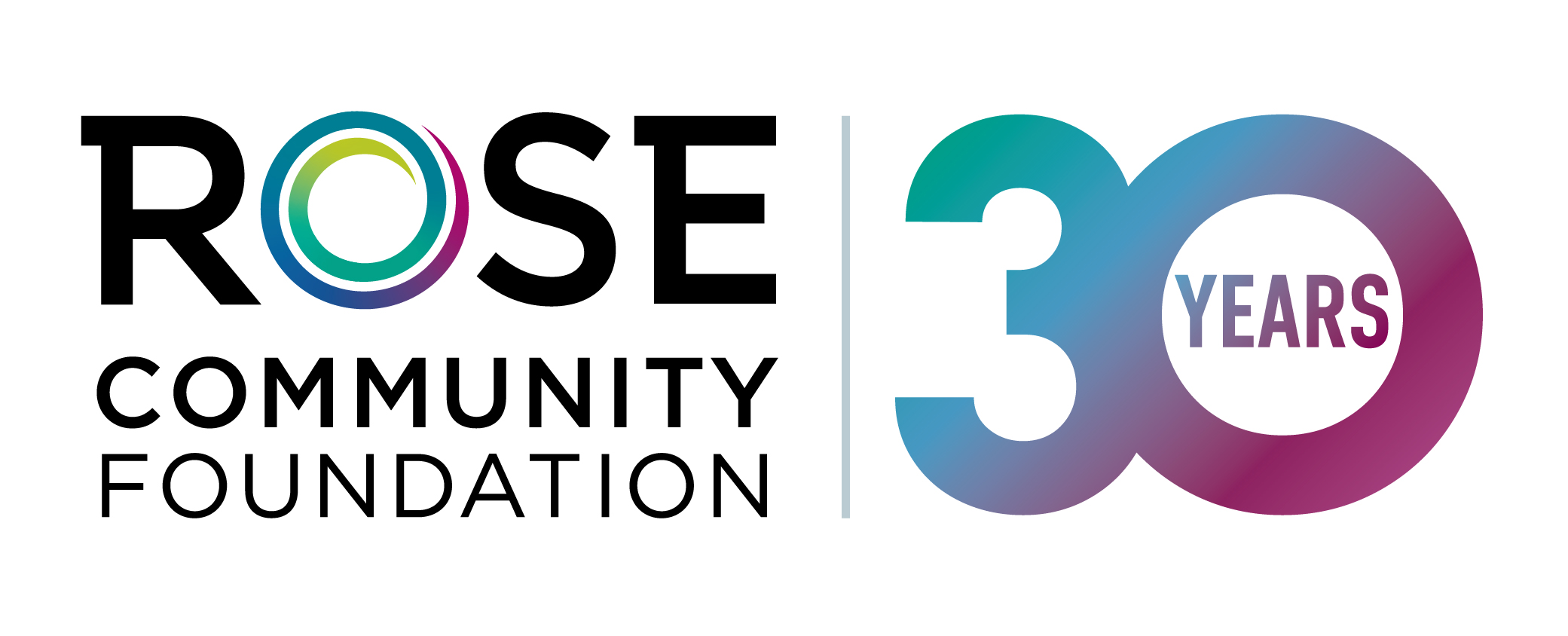PART 3 – WHAT WE’VE HEARD
As we head into the fall, we’ve reached a milestone in our strategic planning process. Our data collection and analysis are complete, and our board and staff have turned to applying what we’ve learned to our future strategy development. In the spirit of transparency, below is an update on what we have been doing and learning in the second phase of strategic planning, since our first internally-focused phase concluded.
From spring through early summer, our strategic planning efforts shifted externally to focus on the perspectives and feedback of community leaders and stakeholders from throughout the region we serve. Grantees, donors, funding partners, and people working across issues, sectors and geographies in Greater Denver shared their time and thoughts with us in focus groups and interviews. Our partners at TCC Group conducted an analysis of a wide range of publicly available data sources to explore the evolving demographic, economic and social changes in the Denver metropolitan area in recent years and projections for the future. Jewish community members and institutional leaders provided additional input through a targeted survey. We are deeply grateful to all who shared their time and thoughts with us.
Across focus groups and interviews, a strong current of discussion focused on our region’s significant and rapid growth. The seven-county Denver metro area is growing at more than double the rate of the country. This growth brings tremendous opportunity and also exacerbates longstanding challenges. At the root of these discussions was the concern that the benefits of growth are inequitably experienced across racial, socioeconomic, and geographic lines. Greater Denver is increasingly diverse, and by 2050, a majority of residents will be people of color. We heard a call to action for philanthropy to play a role in advancing a more equitable region in which people of all backgrounds, in all communities, have the opportunity to succeed.
Another focus of these conversations was on what it is like to work with Rose Community Foundation as a grantee, a donor or a funding partner. From grantees and other nonprofit leaders, we heard mixed feedback. While some grantees credit us for building candid partnerships and committed, trusting relationships, this has not been the case for all grantees, and some urged us to develop stronger practices around transparency and responsiveness. Many grantees, especially smaller institutions, described our grantmaking practices as slow and cumbersome. A range of internal and external stakeholders noted that our five distinct program areas, while supporting deep and longstanding partnerships with some grantees, are not structured to address the interconnected nature of the challenges facing our region. Among internal and external voices, we heard a desire for greater flexibility and nimbleness in order to be more responsive to rapidly evolving community and nonprofit organizational needs.
From donors we heard a call for increased engagement and more proactive efforts to help them tap into knowledge and networks. Our donors told us they are looking to Rose Community Foundation to be a philanthropic partner to them in addressing the most pressing issues facing our local community today, and to do so in ways that are inclusive of the priorities and interests of the next generation of Millennial and Gen Z donors. Voices from across stakeholder groups expressed the view that as a community foundation, we could be doing more to grow charitable giving overall and increase the philanthropic resources focused on supporting our region.
As we continue to develop our plans for the strategic goals that will guide our work going forward, the feedback we have heard so far is informing our direction and prompting us to consider a number of strategic pathways, including how we build stronger relationships, networks and knowledge with communities that have historically been marginalized and those who are experiencing the greatest disparities in outcomes. We are beginning to develop plans for how we utilize and create synergies among all of the tools available to us as a community foundation, including the ability to fund and engage in advocacy and policy efforts, the role our invested assets can play in supporting our mission, and new ways to engage donors and help them to leverage their philanthropy.
The opportunity to shape our future work with the perspectives of a wide range of community voices is one we highly value. In the month ahead, we will seek additional input from grantees, donors, and members of our grantmaking committees to provide greater insights into how we can best tactically engage these key groups in Rose Community Foundation’s next chapter.
